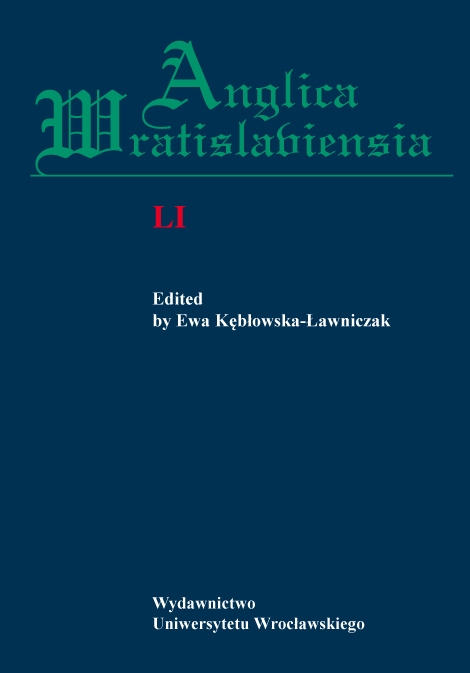

Literature and Culture

In “The Historical Genesis of a Pure Aesthetic,” Pierre Bourdieu, the great continuator of Wittgenstein’s philosophical practice of interrogation, tries to characterize the fallacious grounds of artistic tastes and comes to a conclusion that they depend on the “entire set of agents engaged in the field,” which include artists, art critics, collectors, curators, etc. “who have ties with art, who live for art and, to varying degrees, from it.” Similarly in literature, the meaning of a particular poem or a novel results from an intricate web of activities and reactions, with so many different groups involved — publishers, interpretive communities pace Stanley Fish, individual readers, booksellers — trying to use their own slippery criteria. The author, of course, is an active participant, and the rhetorical razzmatazz of contemporary American poetry might be understood as a Wittgensteinian language-game of the late American avant-garde, descending from Gertrude Stein, whose purpose is to resist — as it has always been — the literary mediocrity of the official verse culture and the marginalizing influence of the mass media.